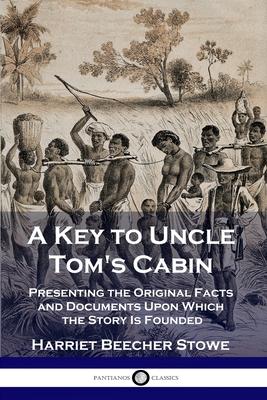Harriet Beecher Stowe reveals the many sources that inspired and motivated her writing the renowned anti-slavery novel, Uncle Tom's Cabin.
A Key to Uncle Tom's Cabin was published in response to criticism and disparaging remarks from pro-slavery figures in newspapers of the time. Doubt was cast upon Stowe's narrative, particularly chapters depicting brutal physical abuse of slaves. Yet Stowe's researches into her subject were abundant - included in this book are newspaper reports, court records and testimonies, interviews with slaves, auction advertisements, and accounts of plantation runaways to name but a part. All reinforce the tragic accuracy of slavery as depicted in Uncle Tom's Cabin.
Stowe also demonstrates keen historical insights, striking comparisons between enslavement in the United States and in ancient cultures such as the Roman Empire. She also criticizes certain denominations of the Christian church, which she demonstrates to have shifted their opinion - in decades prior, said churches had opposed slavery on moral grounds, only to switch to supporting it by the 1850s. For Stowe, who placed Christian morality at the heart of her novel's message, such concessions to the horrors of slavery were reprehensible.
A lengthy, convincing and thorough rebuttal to those who claimed Uncle Tom's Cabin to be fanciful or exaggerated, this book doubles as an insightful and sobering collection of research into 19th century slavery.
